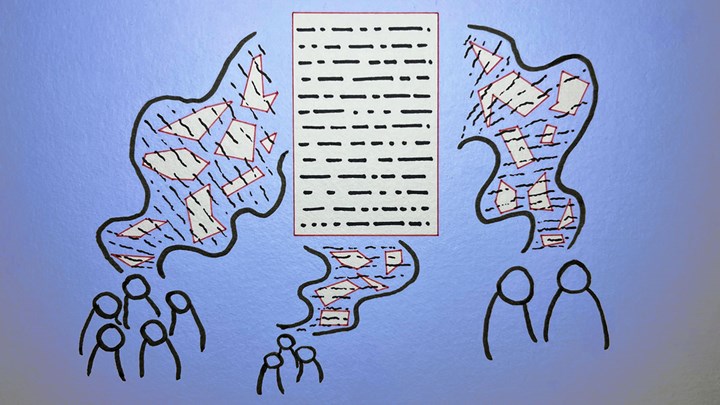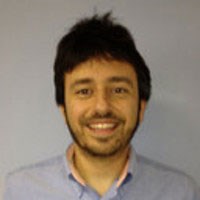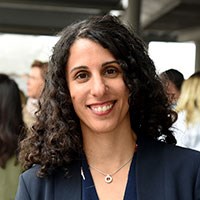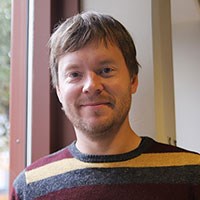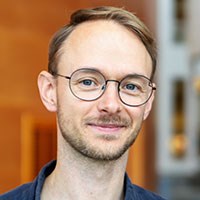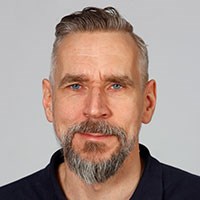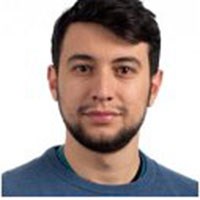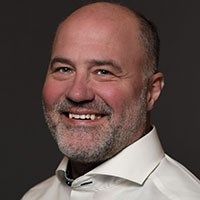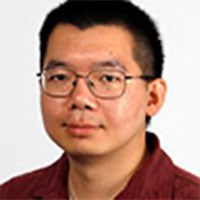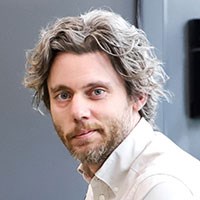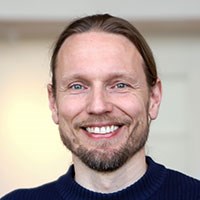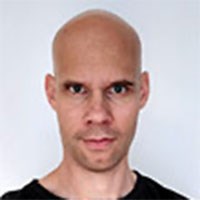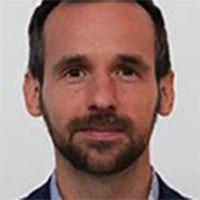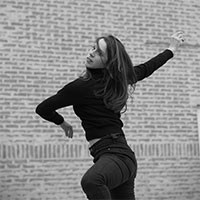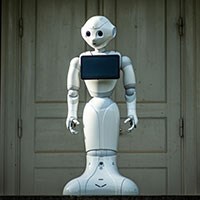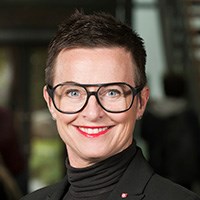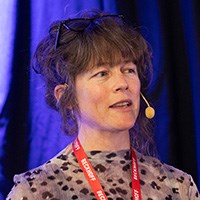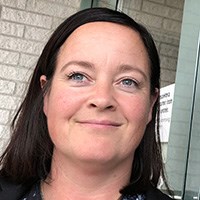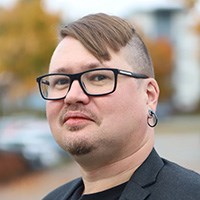Day: Thursday morning, 15 October
Place: Labbet
Theme host: Carolina Wittenfelt, project leader
Language: Swedish and English
Participants of this seminar will experience how AI can be used in artistic expression and creativity. All lectures and seminars are open, and no registration is required. You do not need to attend the entire theme, but can choose the sessions that interest you.
Program
09:00–09:30 - Multimodal AI – When AI uses all of its Sense with Amy Loutfi, professor of computer science (English)
09:30–10:00 - AI's impact on music creation. At the School of Music, discussions will focus on how music creators can approach AI. Anders Ekman and Peter Knudsen, senior lecturers at the School of Music, will provide various perspectives on how AI influences the profession and the creative process. (Swedish)
10:30–11:00 - A panel discussion on AI, art, and creativity delves into how artificial intelligence is reshaping the creative landscape. Experts from diverse fields explore the intersections between human creativity and AI-driven tools. The discussion addresses innovation, the evolving role of artists, ethical implications, and the future of creativity in a world where machines can generate art. Attendees will gain insights into both the potential and challenges of AI in the arts. With Amy Loutfi, Science and Technology, Anders Ekman, Music, Theatre and Art, Anders Björkvall, Humanities, Education and Social Sciences, and Anders Crichton-Fock, School of Hospitality, Culinary Arts and Meal Science. (Swedish)
11:00–12:00 - "Whose Alter Ego?" with Jessica Andrenacci. A dance performance where a dancer and a robot interact on stage to question the identity of both the human and the robot, as well as their relationship. Is the robot the dancer's alter ego, or vice versa? Followed by a discussion on the collaboration within the project. (in English)
Participants
